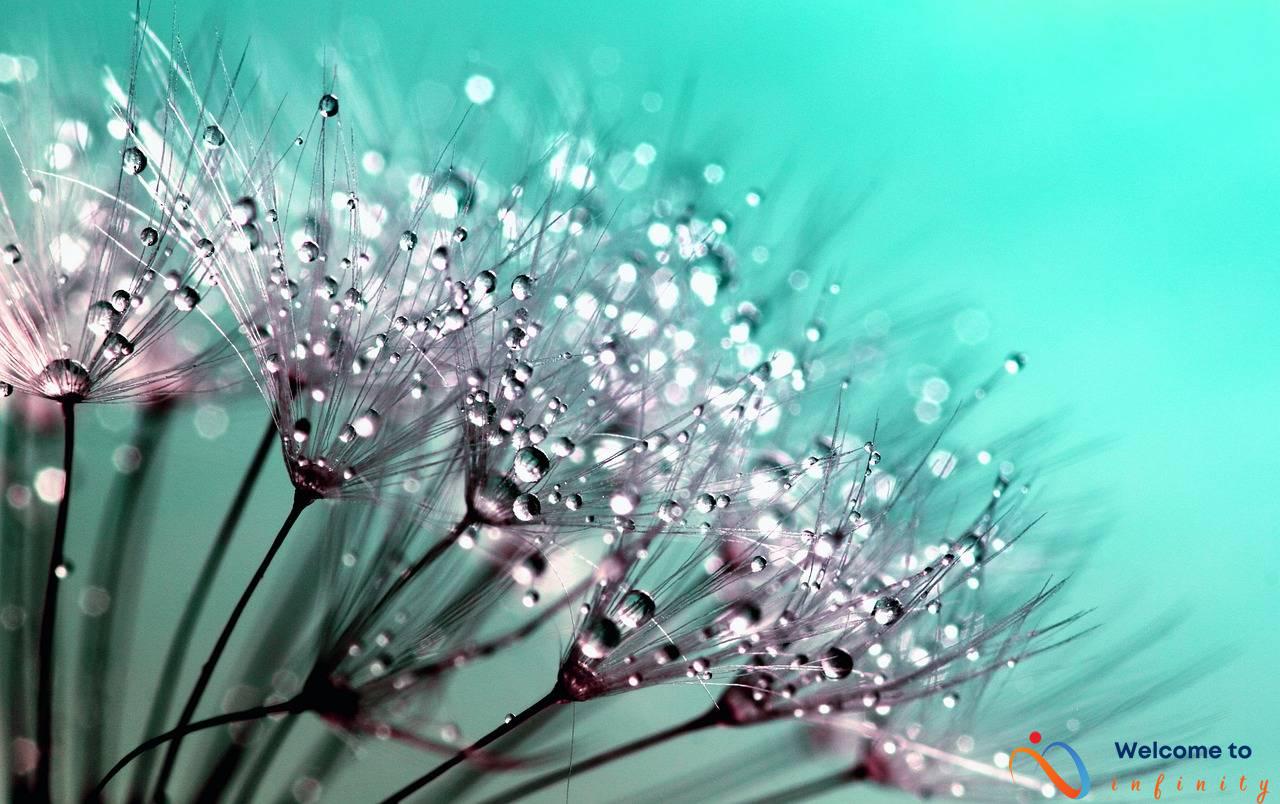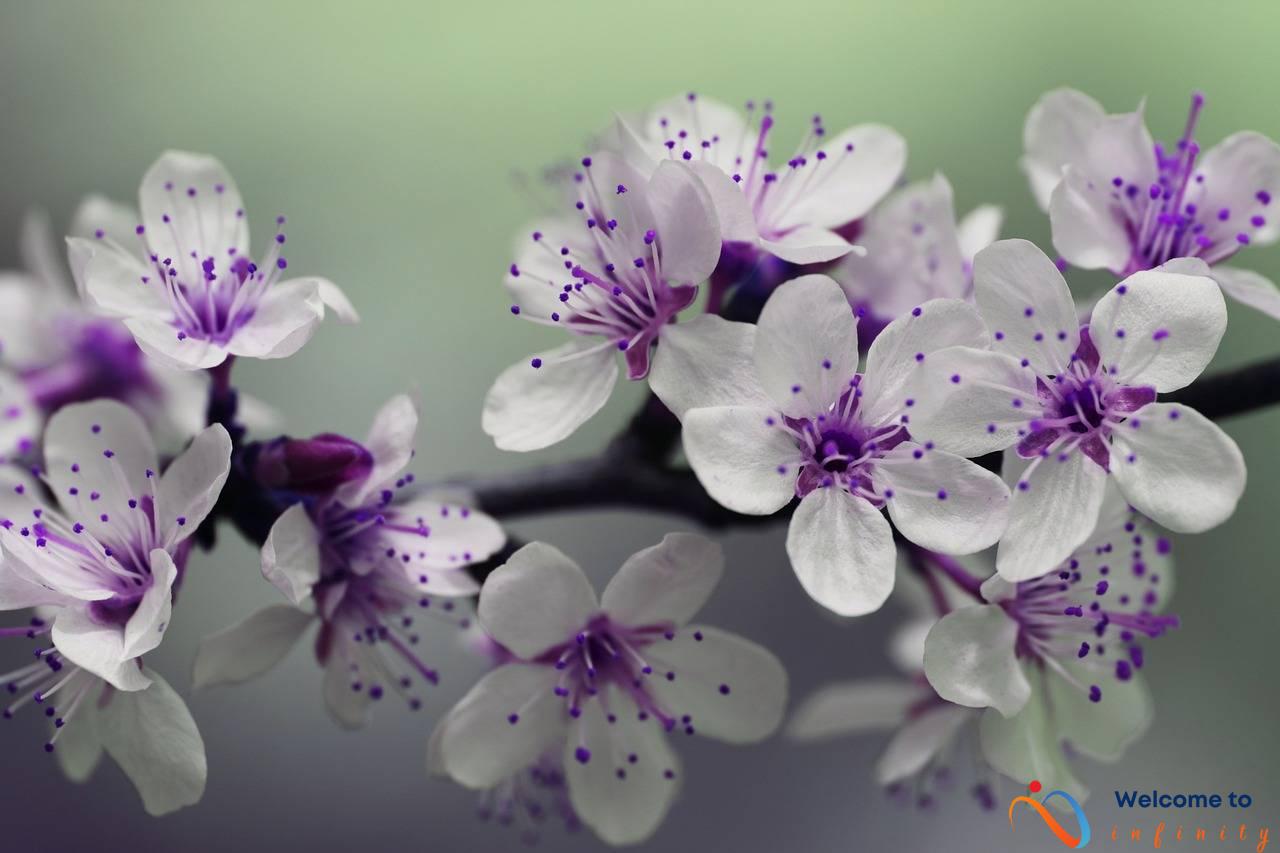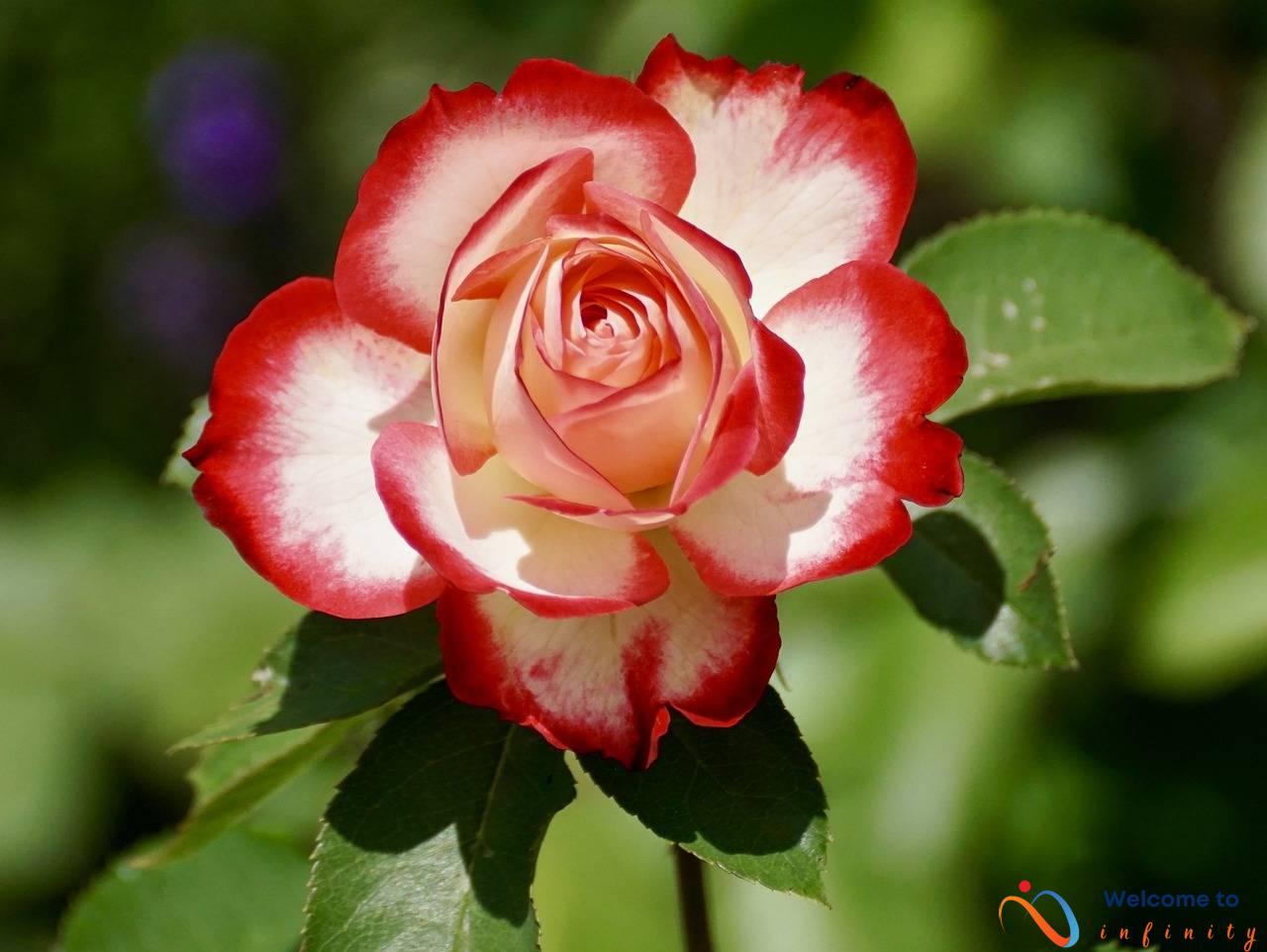It's no secret that as we age, our skin tends to lose some of its youthful plumpness and becomes more prone to dryness. This can lead to wrinkles, fine lines, and an overall lackluster complexion. But fear not, there are plenty of skincare solutions available to help combat these common signs of aging.
First and foremost, it's important to prioritize hydration in your skincare routine. This means using moisturizing cleansers and rich moisturizers that will help to replenish your skin's natural moisture barrier. Look for products that contain hydrating ingredients like hyaluronic acid, ceramides, and glycerin.
In addition to your regular moisturizer, facial oils can be an excellent addition to your routine for mature, dry skin. These lightweight oils can help to lock in moisture and promote a healthy, radiant complexion. Some top facial oil recommendations include rosehip oil, argan oil, and jojoba oil.
But skincare isn't just about what products you use on your skin – it's also about lifestyle habits. Drinking enough water throughout the day is essential for maintaining hydrated, healthy-looking skin. Additionally, incorporating certain foods into your diet can help to support skin health from the inside out. Some top hydrating foods include water-dense fruits like melons and citrus, as well as leafy greens and healthy fats like avocado.
By prioritizing hydration in your skincare routine and making some simple lifestyle changes, you can help to keep your mature skin looking healthy, radiant, and youthful.
Understanding mature skin
As we age, our skin undergoes a natural aging process, which causes it to lose moisture and elasticity, becoming drier and thinner. This is due to a decrease in collagen production and natural oil production in our skin. The sebaceous glands that produce oil in our skin don't work as efficiently as they did when we were younger, leading to a decrease in sebum production. This results in a lack of natural oils in our skin, making it feel drier and appear duller.
Exposure to environmental factors such as sun exposure, harsh weather conditions and pollution can also contribute to the aging of our skin. These factors can cause oxidative stress that triggers the production of free radicals in the skin, leading to wrinkles, fine lines, and pigmentation.
Mature skin also tends to have a slower cell turnover process, leading to a buildup of dead skin cells that can clog pores and contribute to the appearance of dull skin, uneven texture and fine lines. All these factors contribute to the loss of elasticity, causing our skin to appear less supple, saggy and wrinkled.
To combat these factors and prevent premature aging, it is important to use skincare products that contain hydrating and nourishing ingredients. Products that contain hyaluronic acid, ceramides, and glycerin can help to restore moisture to the skin, while vitamin C and retinol can help to boost, firm, and even out the skin's texture and tone. A healthy lifestyle, which includes regular exercise, a balanced diet, and sufficient rest can also be beneficial in maintaining healthy-looking skin.
Hydrating cleansers and moisturizers
Hydrating cleansers and moisturizers are essential for mature skin in need of hydration. When looking for the right products, it's important to choose ones that contain ingredients that will help combat dryness and lock in moisture.
Some key ingredients to look for in cleansers include hyaluronic acid, which helps to retain moisture within the skin, and ceramides, which help to strengthen the skin barrier. Moisturizers should also contain these ingredients, as well as emollients like shea butter and glycerin to provide an extra boost of hydration.
When choosing specific products, there are many options available on the market. Some top picks for hydrating cleansers include Cetaphil Daily Facial Cleanser and Neutrogena Hydro Boost Hydrating Cleansing Gel. For moisturizers, the CeraVe Moisturizing Cream and Olay Regenerist Micro-Sculpting Cream are great options.
If you have extremely dry skin, you may want to consider using a heavier cream or balm at night for extra hydration. Look for products that contain ingredients like petrolatum or lanolin to create a protective barrier on the skin.
Overall, choosing the right hydrating cleansers and moisturizers can make a significant difference in the overall health and appearance of your skin. It's important to choose products that contain key ingredients to combat dryness and lock in moisture, and to tailor your routine to your specific skincare needs.
Facial oils
Facial oils are a great way to give your skin some extra hydration and promote a healthy, glowing complexion. They are especially beneficial for mature skin, which tends to be drier and more prone to wrinkles and fine lines.
When choosing a facial oil, look for ingredients that are high in antioxidants and essential fatty acids, such as jojoba oil, rosehip oil, and argan oil. These oils are easily absorbed by the skin and help to lock in moisture, leaving your skin feeling soft and supple.
Facial oils can be used alone or in conjunction with moisturizer. Apply a few drops onto clean, dry skin and gently massage in. For best results, use in the evening before bed to allow the oil to deeply penetrate the skin overnight.
When it comes to choosing a facial oil, there are many options available on the market. Here are a few recommendations for different skin types:
| Skin Type | Recommended Facial Oils |
|---|---|
| Dry or Mature Skin | Rosehip oil, Argan oil, Jojoba oil |
| Oily or Acne-Prone Skin | Tea tree oil, Grapeseed oil, Hempseed oil |
| Combination Skin | Camellia oil, Squalane oil, Marula oil |
Adding a facial oil to your skincare routine can be a game-changer for dry, mature skin. Not only do they provide much-needed hydration, but they also aid in the prevention of wrinkles and fine lines. Be sure to choose the right oil for your specific skin type and enjoy the benefits of a healthy, radiant complexion.
Lifestyle changes for hydrated skin
When it comes to achieving hydrated skin, skincare products are only half the battle. Our lifestyle and dietary habits also play a major role in maintaining healthy, supple skin. Here are some changes you can make to help keep your skin hydrated from the inside out:
First and foremost, staying properly hydrated through water intake is essential for maintaining healthy, moisturized skin. Drinking at least eight glasses of water per day can help flush out toxins and keep our skin's natural moisture barrier functioning properly. To make it easier to stay hydrated, consider carrying a refillable water bottle with you throughout the day. You can also try incorporating hydrating foods into your diet, such as watermelon, cucumbers, and oranges.
In addition to drinking water, certain foods can be beneficial for maintaining hydrated skin. Eating a diet rich in healthy fats, such as avocados and nuts, can help promote skin elasticity and moisture retention. Foods high in vitamin C, like berries and citrus fruits, have also been shown to support collagen production and skin hydration. On the other hand, avoid consuming excessive amounts of alcohol and caffeine, which can dehydrate the body and skin.
By making these lifestyle and dietary changes along with utilizing the right skincare regimen, you can achieve hydrated, healthy skin no matter your age.
Water intake
Drinking plenty of water is not only good for your overall health, but it also helps in keeping your skin hydrated and moisturized. Our skin is made up of cells, and these cells need water to function properly. The lack of water leads to dehydrated and dry skin, resulting in wrinkles and fine lines. By drinking enough water, you can help keep your skin looking youthful and supple.
The daily recommended amount of water intake is 8 glasses or 2 liters, but this can vary depending on your lifestyle and climate. If you exercise often or live in a hot and humid climate, you may need to drink more water to stay hydrated. It's important to not wait until you feel thirsty to drink water, as thirst is a sign that your body is already dehydrated.
In addition to drinking water, you can also incorporate hydrating foods into your diet, such as fruits and vegetables with high water content. Some examples include watermelon, cucumber, oranges, and strawberries.
To ensure you're getting enough water throughout the day, try carrying a water bottle with you and sipping on water throughout the day. You can also set reminders on your phone or computer to drink water at regular intervals.
Remember, hydrated skin is healthy skin. By making water intake a priority in your daily life, you can help maintain a radiant and youthful complexion.
Dietary changes
Incorporating certain foods into your diet can go a long way in improving your skin's hydration levels and overall health. Here are some of the best foods to include:
- Avocado: This fruit is packed with healthy fats, which help to hydrate the skin and improve its elasticity. It is also rich in vitamins C and E, both of which are essential for healthy skin.
- Sweet potatoes: Loaded with beta-carotene, sweet potatoes help protect against UV damage, keeping the skin looking youthful and radiant.
- Spinach: Dark, leafy greens like spinach are high in vitamin A, which helps to repair damaged skin cells and promote cell turnover.
- Cucumbers: Made up of mostly water, cucumbers are a great way to stay hydrated. They also contain silica, which helps to strengthen and firm the skin.
- Salmon: A great source of omega-3 fatty acids, salmon helps to keep the skin supple and moisturized. It also contains selenium, which protects against sun damage.
Additionally, drinking plenty of water and avoiding excessive amounts of caffeine and alcohol can also help maintain healthy, hydrated skin.
Conclusion
In conclusion, taking care of mature and dry skin is vital to maintain a healthy and glowing complexion. By implementing the skincare tips and lifestyle changes mentioned in this article, you can achieve long-lasting hydration and combat common signs of aging such as wrinkles and fine lines. Remember to choose skincare products that cater to your specific skin concerns and contain moisturizing ingredients such as hyaluronic acid, ceramides, and glycerin.
Facial oils can also be a game-changer in your skincare routine, providing intense hydration and nourishment to the skin. Don't be afraid to give them a try and see which oils work best for your skin type. Additionally, stay hydrated by drinking plenty of water throughout the day and incorporating hydrating foods into your diet, such as avocado, salmon, and leafy greens.
At the end of the day, taking care of your skin is a form of self-care that can have a positive impact on your overall well-being. By following the tips and recommendations outlined in this article, you can achieve healthy, radiant skin at any age and feel confident in your own skin.












